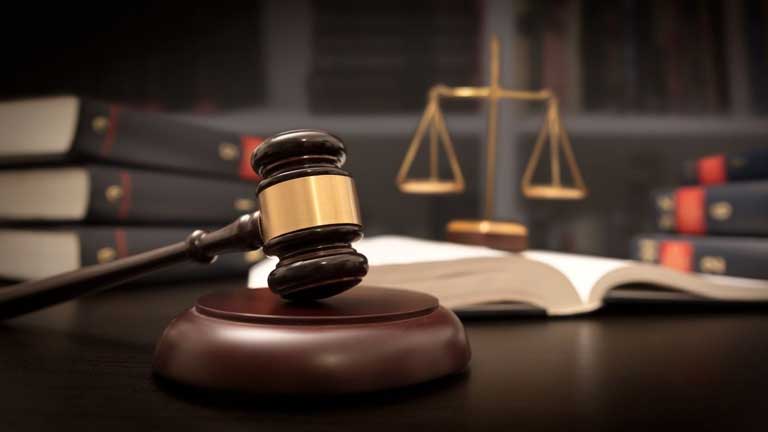In today’s world, dashcam footage is becoming increasingly common. This can be for a variety of reasons – from insurance purposes to documenting an event in case someone should ask what happened.

But are the recordings that these cameras take admissible in court? What conditions must they meet to be admissible? And can those recordings ever be tampered with?
Is Dashcam Footage Admissible in Court?
Yes, dashcam footage is admissible in court. However, there are some crucial conditions to be met by the evidence to be admissible in the court.
According to the Federal Rules of Evidence, admissible evidence is any which would be recognized by a court as having probative value. This could mean that it’s just one answer among many possible answers – but there must still be some evidentiary weight to it for it to be admitted into trial proceedings.
The key here is that the footage must be a record of what actually happened. If video evidence is altered, or if it’s not clear what exactly transpired, then it may not be admissible in court proceedings.
If you need any help with your criminal defense case and want to make sure all available resources are used for your benefit – talk with an experienced attorney.
What Are the Conditions for a Dashcam Footage to be Admissible?
There are two basic conditions an attorney will look at when determining whether dashcam footage will be admitted as evidence for trial.
- The footage must be accurate, and it must reflect what actually happened.
- There can’t be a dispute as to the authenticity of the video or audio evidence because that will likely lead to an objection being raised by opposing counsel.
If one of these two conditions isn’t met, then you may not want to use the footage in your case.
Can Dashcam Footage be Tampered with?
Dashboard cameras are an excellent source of video evidence for the prosecution, but they can also be tampered with if you’re not careful. You need to make sure that the entire drive was recorded and there is no tampering or changes made before it’s submitted as evidence.
If the video is edited, your defense may be able to call into question its authenticity and it’s not likely that a court will admit it unless you can provide credible explanations for why or how any changes were made.
The best way to avoid tampering issues with dashcam footage is by making sure there are no gaps in the video that may have been created by deletion or subtraction, and you should also make sure there is no tampering with audio.
One way to avoid problems with tampered dashcam footage is to use an external hard drive for storage instead of recording it straight on your computer’s hard drive as this will keep things more secure from potential tampering.
Make sure to keep your dashcam footage in a safe place as if you’re ever pulled over for suspicion of drunk driving, the police will need access to this information and they may arrest you before clearing up any questions about the authenticity of your video.
However, modern dashcams come with a video lock feature that locks the video from any edit or alteration if it senses an accident or unusual behavior. The feature can be manually activated as well, in some dash cameras.
Most modern dash cams also come with a time-stamped feature that records the date and time of when the footage was recorded so there are no discrepancies in the authenticity of video evidence.
Final Words
Dashcam footage is well admissible unless it is tempered with. So, the best way to remain on the safe side is to use a good quality dash cam that comes with video lock features with sensors to detect any unusual behavior.
We hope this article was helpful in answering your questions regarding dashcam footage and the admissibility of such videos in court proceedings. If you have any more queries, feel free to leave a comment below!
